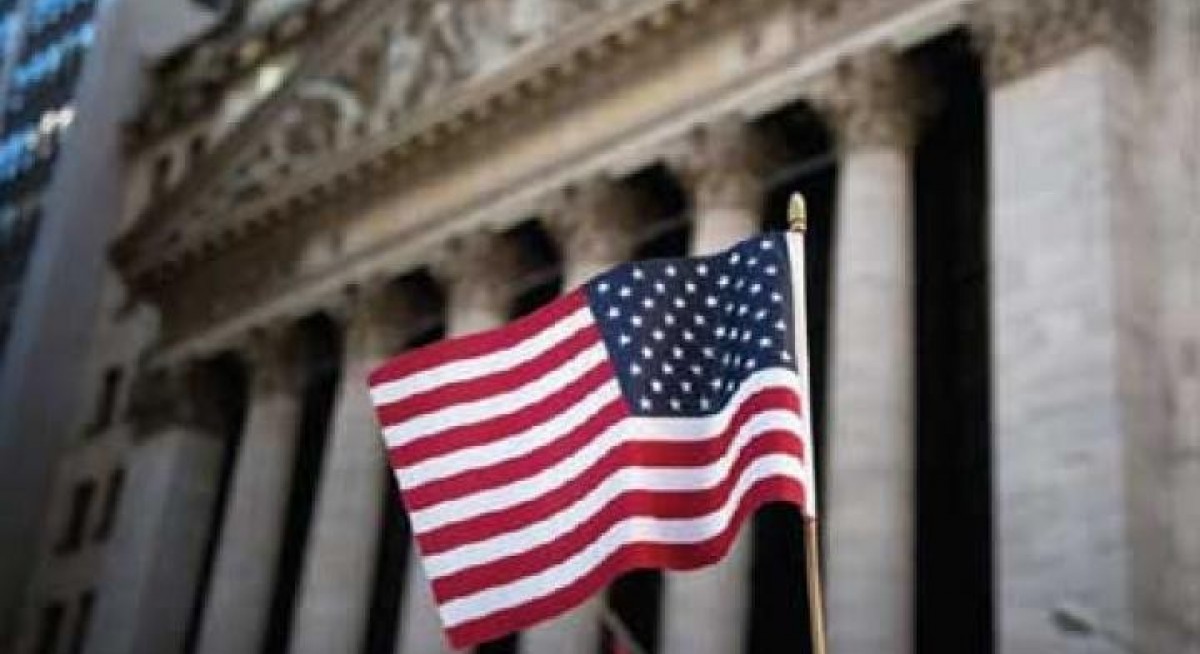Markets appear to be increasingly indifferent to tariff announcements. Brill explains that the frequency of trade policy shifts under President Donald Trump has led to habituation. “The first time someone stirs up dust it is an event; the tenth time not so much,” he says. While the current market reaction remains muted, the longer-term impact is likely to be more significant. Brill expects that tariffs will eventually show up in US consumer prices, affecting purchasing power and demand. “We will also see the negative effects of tariffs, for example, in the form of rising US consumer prices,” he says.
VP Bank believes that financial markets may not be able to shrug off these pressures indefinitely. The bank is therefore taking steps to mitigate exposure. “We are focusing on portfolio diversification and are hedging the US dollar to some extent,” he says.
Monetary policy is also coming under political pressure. Brill notes that Federal Reserve chairman Jerome Powell is under direct pressure from the Trump administration to lower interest rates. Treasury Secretary Scott Bessent is also being urged to favour short-term Treasury bills over long-term debt in order to reduce debt-servicing costs. This could have a knock-on effect across global bond markets, particularly for emerging market debt.
“Should Bessent fulfil Trump’s wish, over one trillion dollars would have to be placed in bills this quarter alone,” Brill says. “Emerging market bonds would benefit from this, as they track six-year US government bonds and would become more attractive in relative terms.” With attractive yields and relatively low credit spreads, VP Bank currently maintains an overweight position in emerging market bonds.
See also: BofA says anything-but-dollar trade to lift international assets
While inflation in the US has not yet reacted strongly to the tariffs, Brill expects that will change. “Initially, the importers bear the higher customs costs, they will pass them on to wholesalers and retailers, and only then do they impact the prices for consumers,” he explains. Some early signs are emerging: service sector inflation is showing a response to the tariffs, though the manufacturing sector is still constrained by competitive pricing. “Higher tariff costs tend to have a negative impact on margins,” Brill adds.
This inflation trajectory could influence the Fed’s next move. If price pressures remain subdued into August, a rate cut in September is likely. Brill observes that two Fed governors have already broken ranks to call for lower rates. “Expectations on the money market reacted promptly,” he says. In contrast, the European Central Bank appears satisfied with its current 2% deposit rate, and further cuts there are unlikely.
Despite the political turbulence, equity markets remain resilient. Brill notes that the US tech-heavy Nasdaq and Asian equities are performing well, while European indices lag. The global equity outlook is neutral, supported by solid earnings but tempered by valuation concerns and seasonal headwinds. “The global stock market has so far proved robust,” he says. “However, due to the many unanswered questions, increased volatility is to be expected in the coming weeks.”
See also: Stocks tumble as risk mood sours, gold rebounds
Swiss equities, in particular, have underperformed relative to global peers. Brill attributes this to a combination of tariff pressures, weak sentiment, and regulatory uncertainty around pharmaceuticals. “SMI has lagged indices such as the German Dax or the US Nasdaq for years,” he says. While the recent 39% tariff has dampened investor sentiment, Brill sees this as a contrarian signal. “This is a classic signal for contrarian investors who see this as an opportunity,” he says. However, with the pharmaceutical sector in the crosshairs, VP Bank remains cautious in the short term. “This uncertainty may lead to pressure in the coming weeks before a more stable trend emerges,” Brill adds.
On currencies, the US dollar continues to face downward pressure despite periods of brief strength. “From a purchasing power parity perspective, the US currency remains overvalued,” says Brill. With the administration openly favouring a weaker dollar and a potential Fed leadership change, VP Bank expects continued softness. “The appointment of a new Fed chair with a candidate close to Trump and easier monetary policy in the future also harbour risks for the dollar,” he says.
As trade and monetary policy remain in flux, VP Bank is maintaining a cautious, balanced stance across asset classes. It sees selective opportunities in emerging markets and remains defensive on government bonds, particularly those with low yields such as Swiss debt. While the dust from the trade disputes has yet to settle, Brill concludes that “when the dust settles, no major damage will have been revealed” — but warns that the longer-term risks are only beginning to materialise.




